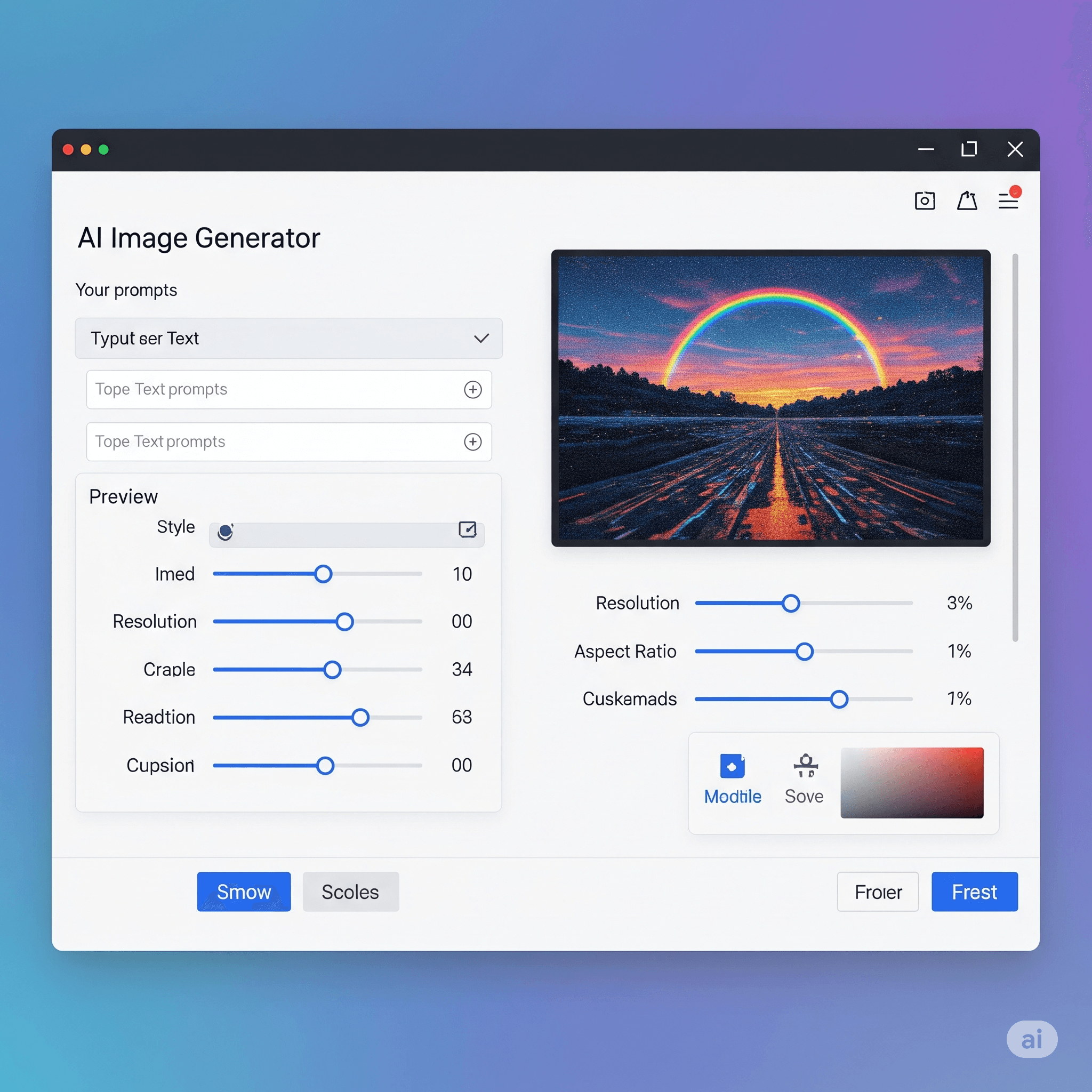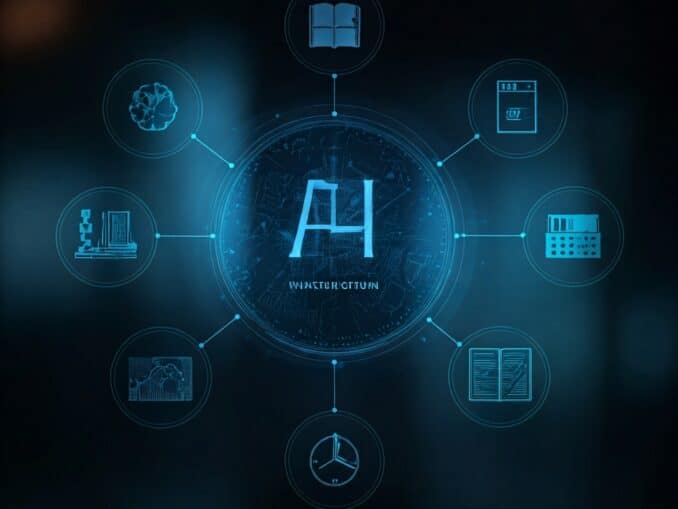Question: What is the Information Technology Act, 2000?
Answer:
The Information Technology Act, 2000 is an Indian legislation that governs electronic communication, digital transactions, and cybersecurity. It was enacted to provide legal recognition for electronic transactions, facilitate electronic commerce, and establish a legal framework for cybersecurity and data protection in India.
The key objectives of the Information Technology Act, 2000 include:
1. Legal Recognition of Electronic Transactions: The Act provides legal validity and recognition to electronic records and digital signatures, making electronic contracts and transactions legally enforceable.
2. Cybercrimes and Offenses: The Act addresses various types of cybercrimes, such as unauthorized access, hacking, data theft, identity theft, cyber harassment, and distribution of obscene content. It prescribes penalties and punishments for such offenses.
3. Data Protection and Privacy: The Act includes provisions for protecting the privacy and confidentiality of electronic data and personal information. It outlines rules for the collection, storage, processing, and disclosure of data.
4. Cybersecurity Measures: The Act establishes the Indian Computer Emergency Response Team (CERT-In) to handle cybersecurity incidents and promote proactive measures for cybersecurity in India. It empowers the government to issue directions and guidelines to secure information systems.
5. Digital Signatures and Certificates: The Act recognizes digital signatures as equivalent to handwritten signatures and provides the legal framework for the issuance and usage of digital certificates.
6. Adjudication and Appellate Authorities: The Act establishes specialized bodies, such as the Cyber Appellate Tribunal (now defunct) and Adjudicating Officers, to handle disputes and offenses related to electronic transactions and cybercrimes.
The Information Technology Act, 2000 has been amended over the years to keep pace with technological advancements and evolving challenges in the digital domain. The amendments address issues like intermediary liability, electronic governance, and the establishment of the Data Protection Authority of India (DPAI) to safeguard personal data.
MCQ: If a person knowingly or intentionally conceals, destroys or alters or intentionally or knowingly causes another to conceal, destroy or alter any computer source code used for a computer, spread computer viruses, which IT ACT consider it as offence according to Indian IT ACT?
Explanation:
The Information Technology Act, 2000 is an Indian legislation that governs electronic communication, digital transactions, and cybersecurity. It was enacted to provide legal recognition for electronic transactions, facilitate electronic commerce, and establish a legal framework for cybersecurity and data protection in India.
The key objectives of the Information Technology Act, 2000 include:
1. Legal Recognition of Electronic Transactions: The Act provides legal validity and recognition to electronic records and digital signatures, making electronic contracts and transactions legally enforceable.
2. Cybercrimes and Offenses: The Act addresses various types of cybercrimes, such as unauthorized access, hacking, data theft, identity theft, cyber harassment, and distribution of obscene content. It prescribes penalties and punishments for such offenses.
3. Data Protection and Privacy: The Act includes provisions for protecting the privacy and confidentiality of electronic data and personal information. It outlines rules for the collection, storage, processing, and disclosure of data.
4. Cybersecurity Measures: The Act establishes the Indian Computer Emergency Response Team (CERT-In) to handle cybersecurity incidents and promote proactive measures for cybersecurity in India. It empowers the government to issue directions and guidelines to secure information systems.
5. Digital Signatures and Certificates: The Act recognizes digital signatures as equivalent to handwritten signatures and provides the legal framework for the issuance and usage of digital certificates.
6. Adjudication and Appellate Authorities: The Act establishes specialized bodies, such as the Cyber Appellate Tribunal (now defunct) and Adjudicating Officers, to handle disputes and offenses related to electronic transactions and cybercrimes.
The Information Technology Act, 2000 has been amended over the years to keep pace with technological advancements and evolving challenges in the digital domain. The amendments address issues like intermediary liability, electronic governance, and the establishment of the Data Protection Authority of India (DPAI) to safeguard personal data.
Discuss a Question
Related Questions
- 1. Details about the BARC in India
- 2. What is the name of first super computer which was developed by National Aeronautics Laboratories Bangalore?
- 3. What is the USB in Computer?
- 4. VDU Stands for in Computer
- 5. Arrange sequence of computer memory in increasing order of their size
- 6. Which of the following is not TRUE?
- 7. What is Windows NT?
- 8. Which program is used to compress the big file into small file?
- 9. Brief Explanations about Oracle
- 10. How to delete files from the Recycle bin without storing in it?
You may be interested in:
Computer Basics MCQs






